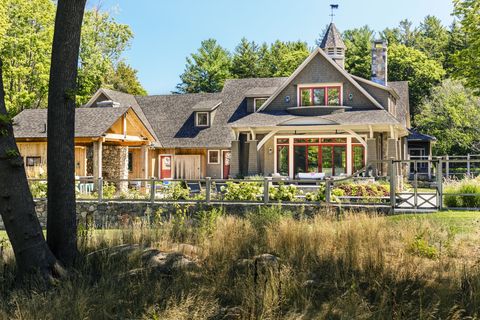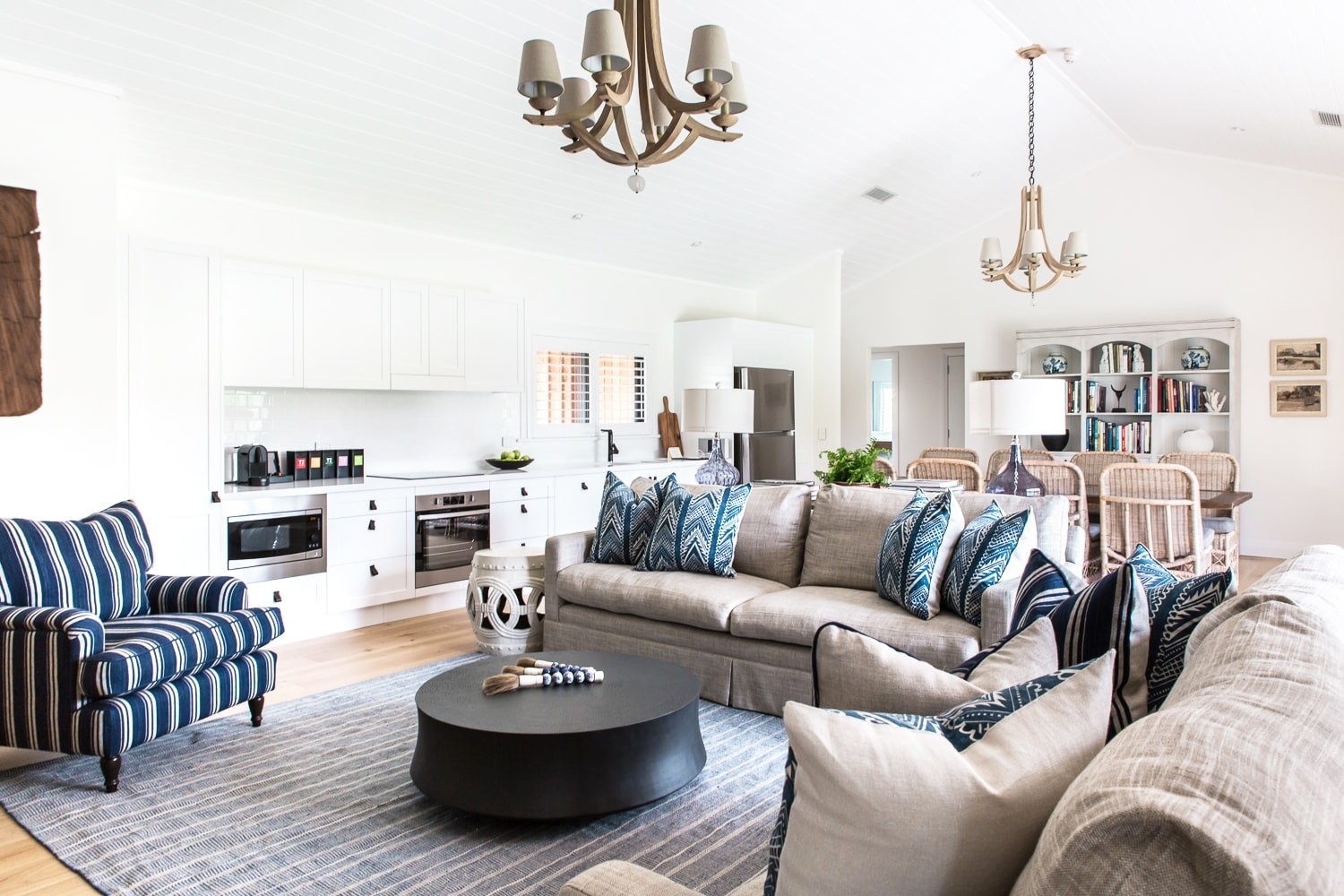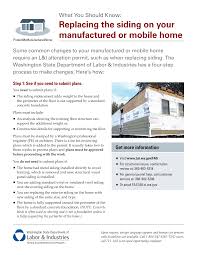
Japanese architects are known for their use of beams and posts. Their style of architecture is distinctive from Western architecture because it takes into account the natural environment in Japan. Japanese people tend to view architecture more as a technical concept than an art form.
The Japanese government recognised the need for architects in the early Meiji periods. They sent twenty young people, including Yorinaka TSUMAKI, to Germany for three years. After returning to Japan, they played an important role in the architectural community. This period saw the Japanese government build a lot more government offices. They also sought Western architectural techniques to modernize the country. They also had to learn how structures could withstand earthquakes. They also developed quake-resistant technologies.
Many of the traditional buildings were demolished as Japan's economy grew in the Meiji period. Japan's government realized then that Western architectural technologies needed to be introduced to Japan. They were eventually given a chance to develop during the postwar restoration period. The Japanese architectural movement discovered many opportunities to develop during this period. These developments included modern facilities for the public as well private homes.

Bukezukuri style was used in Kamakura's Kamakura period. This style was considered to be the perfect match for aristocratic culture. This architectural style featured a pond at its back. Shitomido doors were used to separate the exterior and shinden. This architecture is often called Higashi Sanjoden.
Castle architecture was also developed between 1573-1615 during the Momoyama era. These structures represented the power and symbolism of unification, and they were also a symbol for the shogunate. This was a period in which the height limit was lowered to 31 meters. Castle towers were also built during this time. A lot of old cityscapes were destroyed as a consequence.
The Second World War saw a major blow to the Japanese architecture movement. Many historic structures were destroyed and residents expressed concerns about how Japanese cities looked. These concerns led to the creation of the Landscape Law which stressed the beauty of cities. It made it mandatory that citizens attend a local shrine. These requirements weren't Christian and required that everyone attend. These requirements were also based upon the Buddhist concepts.
Japan's Edo period was marked by a surge in popular and religious culture. Chinese architectural styles became more popular and were reintroduced to Japan. The Kyoto Imperial Palace is well-known for its beautifully designed gardens. It was built during Edo. The Three-Story Pagoda at Hokki-ji Temple, which is also considered the oldest temple of its original design, is another example.

The development of Japanese architecture has also been influenced by Western cultures, such as the Renaissance (and Baroque) and China (apart from Korea and China). German aid was given to Japan by the German government. Some structures were also constructed by foreign architects.
FAQ
What room should first be renovated?
The heart of any home's kitchen is its kitchen. It's where most people spend their time cooking, entertaining and relaxing. If you're looking to make your kitchen more functional, attractive and beautiful, this is the place for you!
Bathrooms are an important part any home. It provides comfort and privacy while you take care of everyday tasks, such as bathing, brushing teeth, shaving, and getting ready for bed. Consider adding storage to these rooms and installing a tub instead of a bathtub. You may also want to replace old fixtures with modern ones.
Can I rent a dumpster?
To help you get rid of the debris from your home remodeling project, you can hire a dumpster. Renting a dumpster will help you keep your yard clear of debris and trash.
Do I need permits to renovate my house?
Permits are required before you can start any home improvement project. In most cases, you will need both a plumbing and building permit. A zoning permit may be required depending on what type of construction you are doing.
How do you sell your house quickly and without the need to pay realtor fees
You should immediately start searching for buyers if you are looking to quickly sell your house. This means that you should accept any offer from the buyer. However, if you wait too long, then you will probably lose out on some potential buyers.
What is the cost of renovating a house?
Renovations are usually between $5,000 and $50,000. Most homeowners spend between $10,000-$20,000 on renovations.
Statistics
- On jumbo loans of more than $636,150, you'll be able to borrow up to 80% of the home's completed value. (kiplinger.com)
- The average fixed rate for a home-equity loan was recently 5.27%, and the average variable rate for a HELOC was 5.49%, according to Bankrate.com. (kiplinger.com)
- According to the National Association of the Remodeling Industry's 2019 remodeling impact report , realtors estimate that homeowners can recover 59% of the cost of a complete kitchen renovation if they sell their home. (bhg.com)
- Design-builders may ask for a down payment of up to 25% or 33% of the job cost, says the NARI. (kiplinger.com)
- They'll usually lend up to 90% of your home's "as-completed" value, but no more than $424,100 in most locales or $636,150 in high-cost areas. (kiplinger.com)
External Links
How To
5 Things You Should Know Before Starting Your House Renovation
-
Do you really want this? - If you're going to start a major home improvement project like renovating your kitchen, bathroom or even building a new house, there's no doubt that you'll need some help along the way. However, if you feel unsure about your ability to complete such a big task by yourself, you might consider hiring someone to help you. It can take up your time and cost you money. You won't reap the benefits. Instead, why not hire someone who knows what they're doing to help out? These people will save you time, stress, and provide a beautiful place to live in.
-
What amount should I spend on a renovation project? This might sound obvious, but spending too much money on a renovation could lead to more problems. Because you will likely end up paying most of the costs back at the conclusion of the day. You should stick to your budget, even if it's a tight one. You could wind up spending a lot and not getting any return.
-
Do I prefer to hire professionals or DIY? - There's no right or wrong answer here, but we'd recommend hiring professional tradespeople if you can afford them. After all, they'll be able to give you advice on how best to proceed with your project. They can install the plumbing correctly and make sure that it is done safely. DIY projects require lots of trial and errors, which can mean you'll have many lessons to learn. You'll also have to deal with any problems that may arise throughout the process.
-
Are you able to afford it? - Do not underestimate how expensive a renovation project will cost. Even if your budget is tight, you may need to borrow money to cover costs. It is also important to consider the selling price of your current property when you plan on selling it soon after you have completed the renovations.
-
How do I begin? There are no right or wrong places to begin when choosing where to start. However, we would suggest that you choose somewhere that you enjoy working on. It will motivate you to work harder and reduce procrastination. Also, avoid places that are difficult to maintain. If your living area is constantly cluttered with dust and dirt, you should not attempt to redesign it.